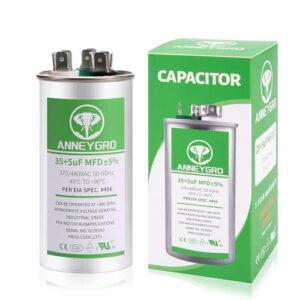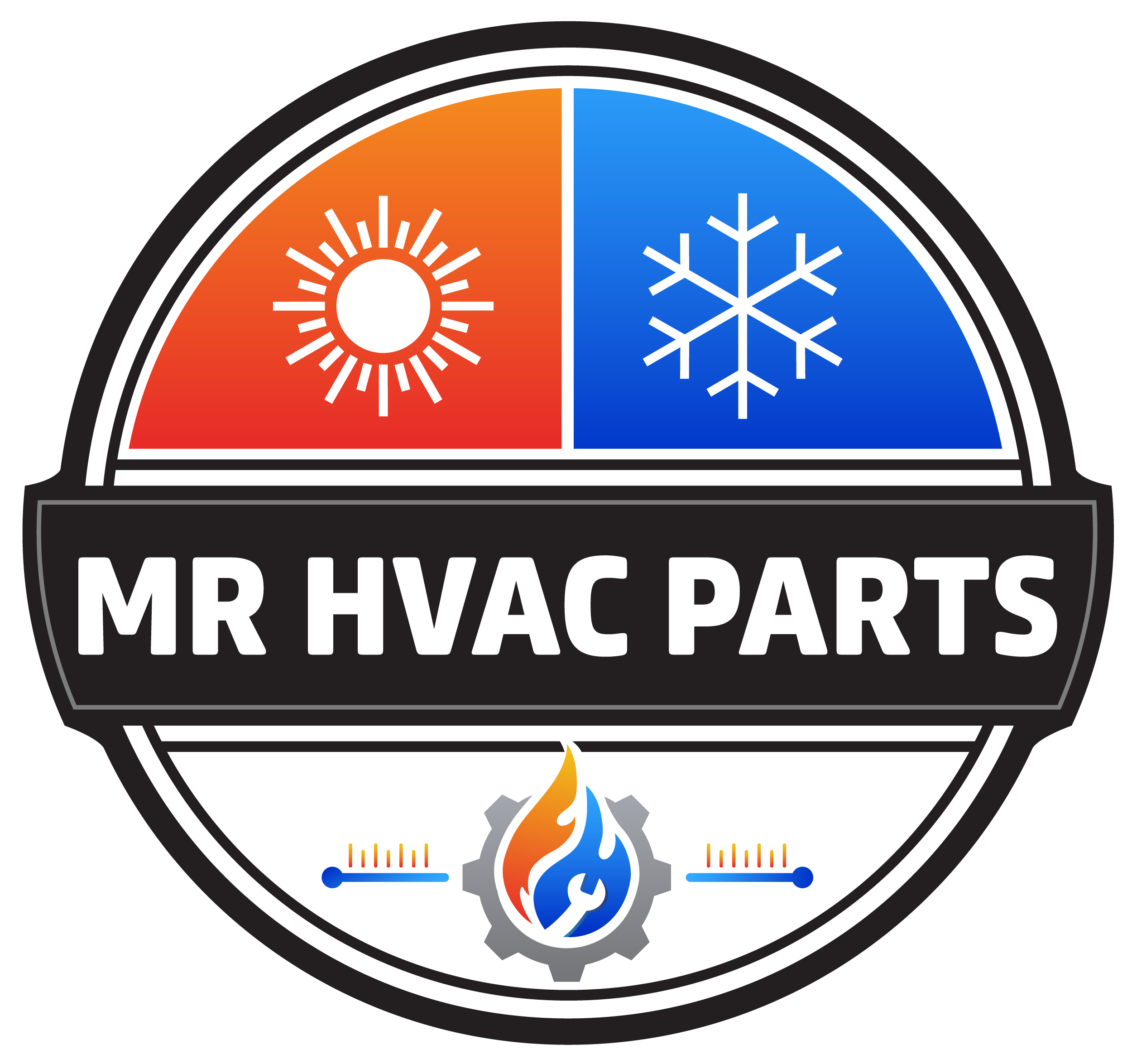Capacitors in Washington, DC and the DMV Area: Expert Advice
Capacitors are essential components in your HVAC system, providing the necessary start and run torque for the motors of compressors, fans, and blowers. In the fluctuating climates of Washington, DC, and the surrounding DMV area, ensuring that your capacitors are functioning properly is key to maintaining an efficient and reliable HVAC system. This guide will cover everything you need to know about capacitors, including their function, types, common issues, and maintenance tips.
Why Capacitors Matter

Capacitors play a critical role in the starting and continuous running of your HVAC system’s motors. They store the electrical energy needed to start the motor and help stabilize voltage to keep it running smoothly. Properly functioning capacitors are crucial for the efficiency and longevity of your system, ensuring that it responds correctly to the demands of heating and cooling in the DMV area.
Benefits of Well-Maintained Capacitors:
Improved System Efficiency: Capacitors ensure that your HVAC motors start quickly and run at the correct speed, reducing energy consumption and enhancing overall system efficiency.
Reduced Wear and Tear: By helping motors start and run efficiently, capacitors reduce the strain and wear on your HVAC system, extending its lifespan.
Prevention of System Failures: Faulty capacitors are a leading cause of HVAC system failures. Regular checks and maintenance can prevent unexpected breakdowns, especially during extreme weather conditions.
Types of Capacitors
There are primarily two types of capacitors used in HVAC systems, each serving a different function:
Start Capacitors:
Overview: Start capacitors provide a large burst of energy needed to start the motor initially. They are disconnected by a relay once the motor reaches operational speed.
Best For: Use in HVAC systems that require a significant torque to start the motor, such as large air conditioners or systems with long ductwork.
Advantages: Provides the necessary power to overcome initial inertia, helping motors start quickly and efficiently.
Run Capacitors:
Overview: Run capacitors continuously adjust the current to maintain a steady motor speed during operation. They are designed to remain in the circuit as long as the motor is running.
Best For: Continuous use in all HVAC systems, supporting fans, blowers, and compressor motors.
Advantages: Stabilizes motor operation, improves efficiency, and reduces electrical costs by maintaining a consistent motor speed.
Common Capacitor Issues
Capacitors can degrade over time, leading to HVAC system inefficiencies or failures. Here are some common capacitor issues that might occur:
Bulging or Leaking:
Overview: Over time, the chemical electrolyte inside capacitors can break down, causing them to bulge or leak.
Signs: Visible bulging of the capacitor casing or oily residue around the terminals can indicate a failure.
Loss of Capacitance:
Overview: Capacitors can lose their ability to store charge due to age or heat exposure. This loss of capacitance can prevent motors from starting or cause them to run inefficiently.
Signs: HVAC system takes longer to start, hums without starting, or shuts off soon after starting.
Electrical Failures:
Overview: Sudden power surges or electrical outages can damage capacitors, leading to immediate failure.
Signs: The HVAC system fails to start, or there is a burning smell from the capacitor.
Maintaining Your Capacitors in the DMV
Regular maintenance is key to ensuring the longevity and performance of your capacitors and HVAC system. Here are some maintenance tips:
Regular Inspections:
Schedule professional inspections of your HVAC system to check for worn or damaged capacitors, especially before peak heating or cooling seasons.
Timely Replacements:
Replace capacitors at the first sign of wear or according to the manufacturer’s recommendations to prevent system failures.
Temperature Control:
Ensure that your HVAC system is not exposed to extreme temperatures, which can accelerate capacitor wear. Proper insulation and ventilation of the system can help maintain a stable temperature.
Where to Find Capacitor Services in Washington, DC, and the DMV
If you suspect that your capacitors may need inspection or replacement, or if you are facing HVAC issues, contact a professional HVAC technician in the DMV area. Proper maintenance and timely repair of capacitors can save you from costly breakdowns and ensure your system operates efficiently throughout the year.
Capacitors are a small but vital part of your HVAC system, ensuring that motors start and run efficiently, providing comfort and energy savings. By understanding the importance of capacitors, recognizing common problems, and maintaining your system regularly, you can enjoy a reliable and efficient HVAC operation in Washington, DC, and the surrounding DMV area.
Stay proactive about your HVAC maintenance to enhance system performance and prevent disruptions, particularly during the demanding seasonal extremes of the DMV area.


